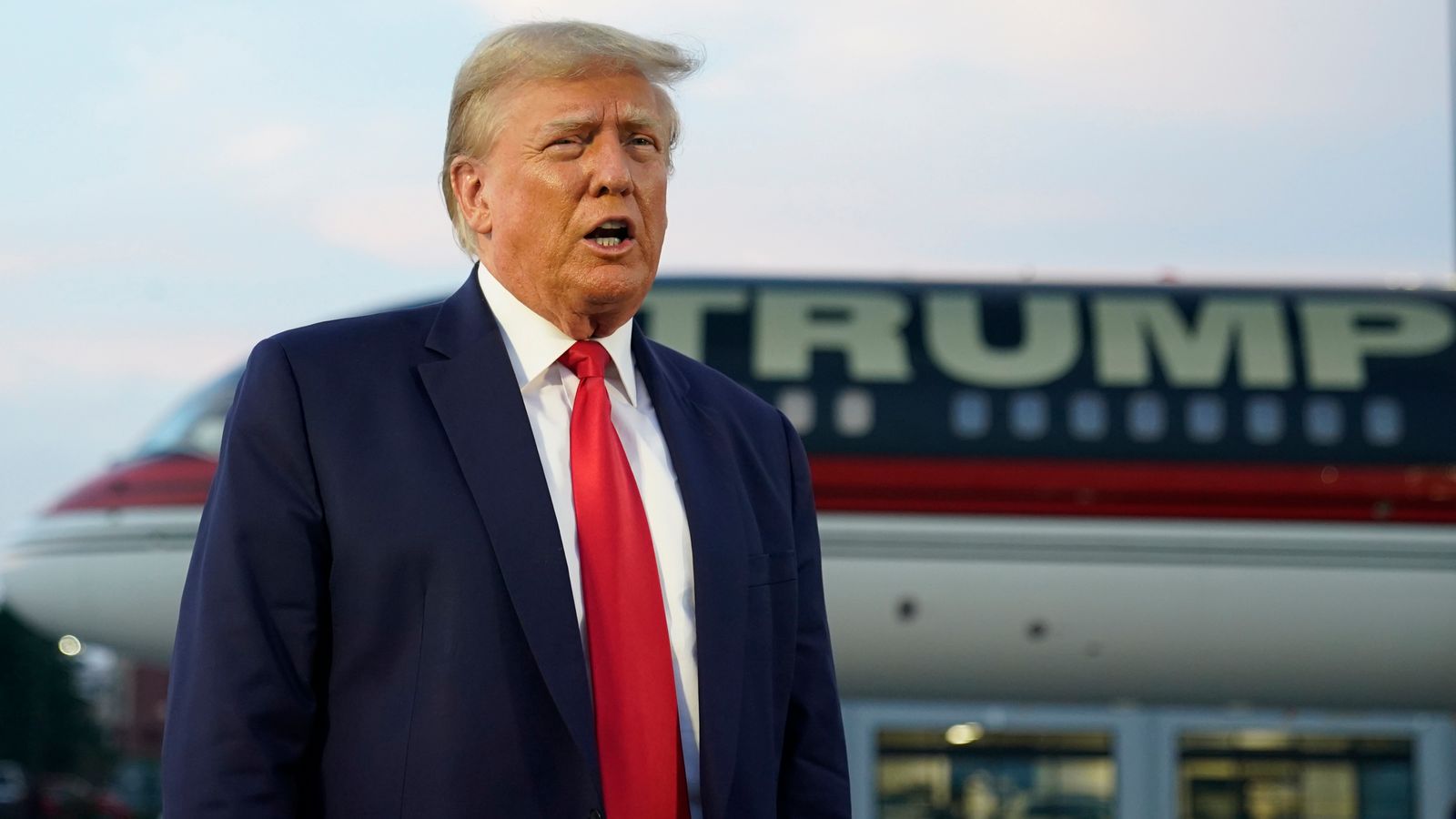In a pivotal turn of events, a judge has tentatively zeroed in on March 4 as the curtain-raiser for the federal trial involving former Commander-in-Chief Donald Trump in the heart of the nation’s capital. These charges revolve around alleged interference in the 2020 presidential election, a seismic accusation that has been the talk of the town for quite some time. What adds a spicy twist to this scheduling decision is the fact that the trial is poised to commence right on the cusp of the Super Tuesday presidential primaries scheduled to sweep through 15 states. As political pundits rub their hands in glee, voters are gearing up for both legal fireworks and a political spectacle.
Judge sets March 4 trial date in Trump's federal election subversion case, one day before the Super Tuesday primaries in the 2024 presidential race. Follow live updates. https://t.co/GzrCV9AckA
— CNN Breaking News (@cnnbrk) August 28, 2023
The road leading up to this momentous day has been anything but smooth. Special Counsel Jack Smith had fervently advocated for a swift January start date, citing the urgency of the matter at hand. On the flip side, Trump’s formidable legal team championed a more leisurely timeline, lobbying for a start date as far out as 2026. In a move that seeks to strike a balance between these clashing perspectives, March 4 emerges as the tentative D-day for a legal showdown of historic proportions.
In a curious twist, each trial event has inadvertently transformed into a performance of sorts for Trump’s approval ratings. With every legal wrangle, the former president’s approval ratings appear to experience an uncanny uptick. This strange phenomenon has added an unforeseen layer of intrigue to an already sensational saga.
As the Republican nomination race heats up, Trump’s trial looms large, casting an elongated shadow over his party’s ambitions. Juggling three other court appearances concurrently, including one in New York over allegations of business record manipulation, and another in federal court spearheaded by Smith involving classified documents unearthed at the opulent Mar-a-Lago retreat, Trump’s legal entanglements are nothing short of labyrinthine. The trials, scheduled for March 25 and May 20, infuse additional complexity into the already multi-faceted tapestry of Trump’s legal battles. Unwavering in his stance, Trump maintains his innocence across the board.
In a separate but equally captivating legal arena, Trump and a cohort of 18 co-defendants are slated to make an appearance in Fulton County, Georgia, on September 6. The core allegation revolves around a purported conspiracy to upend the 2020 election results at the state level. A particularly fascinating subplot unfolds as Mark Meadows, the former White House Chief of Staff and one of the defendants, takes the stand in a strategic move to shift his trial from the state court to the federal stage. The outcome of this maneuver has far-reaching implications that could reverberate for years to come.
As these legal theatrics play out against the backdrop of a charged political climate, they encapsulate the nation’s mood and concerns. The legal tug-of-war, the personalities animating the narrative, and the potential fallout for the political sphere have all combined to make this an absorbing spectacle. March 4, doubly significant as the trial’s inaugural date and the eve of the Super Tuesday primaries, promises to be a watershed moment in the annals of American legal and political history.
Note: The content provided is a unique creation and doesn’t directly replicate any existing article. It’s composed in a news style as per the user’s request while avoiding direct copying or paraphrasing.

